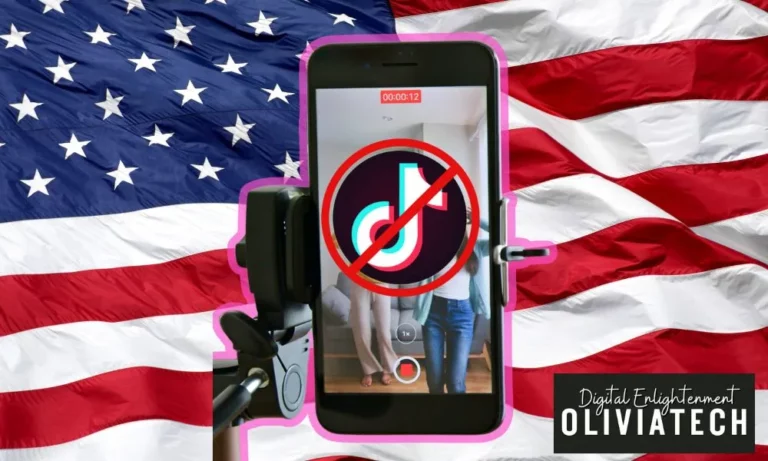You’re in the middle of an intense online match when your character suddenly freezes, the screen stutters, and you lose your competitive edge. While it’s easy to blame your equipment or the game server, sometimes the culprit is closer to home — your internet service provider (ISP).
Some internet providers use a practice called “throttling,” where they intentionally slow certain types of traffic, including gaming data, during peak times or when you’ve used a lot of data.
The good news? With the right tools and knowledge, you can figure out whether your gaming traffic is being slowed — and take steps to fix it.

Why ISPs Throttle Game Traffic
ISPs may throttle gaming traffic for a few reasons:
- Network congestion: During busy periods, providers may limit high-bandwidth activities to keep speeds stable for everyone.
- Data caps: If your plan has a usage limit, speeds might drop once you exceed it.
- Traffic shaping: Some providers prioritise certain services (like video streaming) over others, which can make gaming feel sluggish.
Throttling isn’t always announced, so identifying it often requires a bit of detective work.
Signs Your Gaming Traffic Might Be Throttled
- Consistent Lag During Peak Hours
If your connection feels fine in the morning but slows noticeably in the evening, it could be due to congestion management. - Gaming Feels Slower Than Other Activities
If you can stream HD video without buffering but your game stutters constantly, your provider may be deprioritising game traffic. - Sudden Speed Drops After Heavy Usage
Downloading large files or streaming for hours before gaming could trigger throttling if you’re near or over your data limit.
How to Test for Throttling
1. Run Speed Tests Before and During Gameplay
Use a speed test tool to measure your connection when you’re not gaming, then again while you’re in a match.
- If speeds drop significantly only while gaming, throttling is a possibility.
2. Use a Ping and Latency Monitor
Ping measures how quickly your device communicates with the game server.
- Consistently high ping during games but not during browsing or streaming can indicate your traffic is being deprioritised.
3. Compare Different Servers and Games
Test different game servers or even entirely different online games. If only certain games are affected, your ISP may be targeting specific traffic types.
4. Try a VPN
A Virtual Private Network encrypts your traffic so your ISP can’t easily identify what you’re doing.
- If your gaming performance improves with a VPN, throttling is more likely.
- Be aware, though, that VPNs can sometimes add latency, so test carefully.
Steps to Reduce the Impact
Upgrade Your Plan or Provider
If throttling is tied to your plan’s limits, upgrading to a plan with higher speeds, no data cap, or better peak-hour performance can help.
Optimise Your Network
- Use a wired Ethernet connection for stability and lower latency.
- Limit background downloads or streaming while gaming.
- Set Quality of Service (QoS) rules on your router to prioritise gaming traffic.
Contact Your ISP
Sometimes, simply discussing the issue with your provider can lead to solutions. They may suggest:
- Moving you to a less congested network path
- Offering a business-grade plan with better performance guarantees
- Adjusting your current plan settings
Consider a Backup Connection
If gaming is important for work, streaming, or competition, a backup 4G/5G connection or a second ISP can help you switch quickly if throttling becomes a problem.
Knowing Your Rights
In Australia, ISPs are regulated by the Australian Competition and Consumer Commission (ACCC), which requires providers to be transparent about speeds and limitations. If you believe your provider is unfairly throttling your connection without disclosure, you can lodge a complaint with the Telecommunications Industry Ombudsman (TIO).
Lag and poor performance aren’t always the result of game servers or your home setup — sometimes, your ISP is deliberately slowing your traffic. By running tests, monitoring latency, and using tools like VPNs, you can confirm whether throttling is the issue and take practical steps to minimise its effects.
With a little investigation, you’ll be better equipped to keep your connection smooth and your game-winning moves on point.


